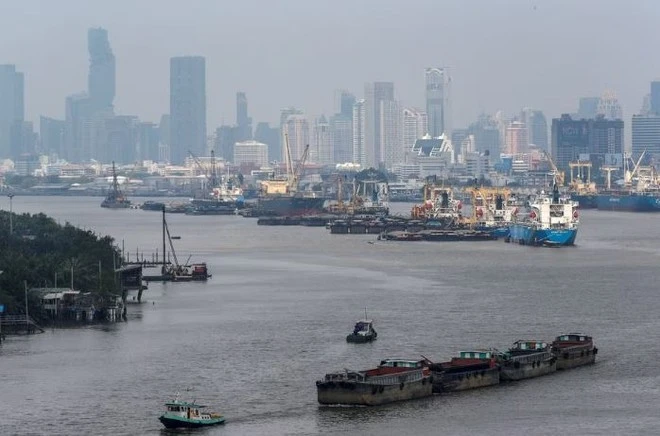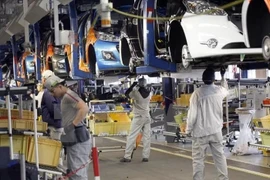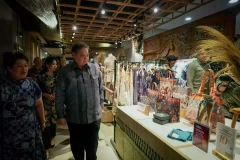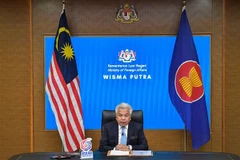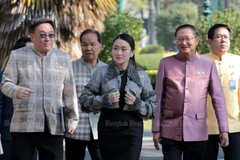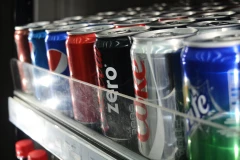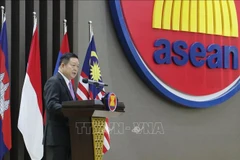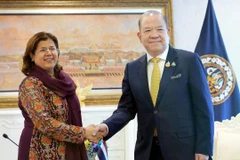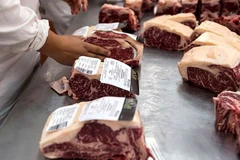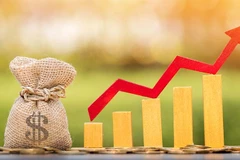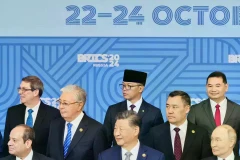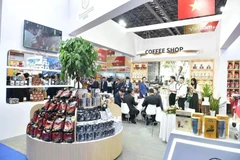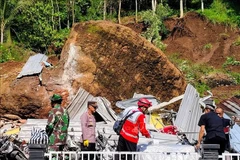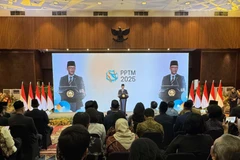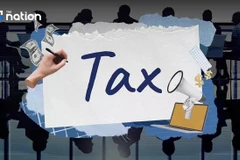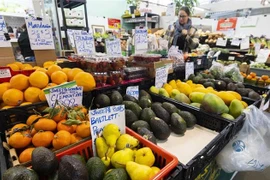Bangkok (VNA) – Thailand saw record investment figures for 2024, with applications exceeding 1.13 trillion THB (32.5 billion USD), the highest in the past decade, according to the country’s Board of Investment (BOI).
BOI Secretary-General Narit Therdsteerasukdi revealed that 2024 witnessed a significant increase in both the number and value of investment applications, reaching 3,137 projects – a 40% year-on-year increase, the highest since the BOI’s establishment. Investment value soared by 35% to 1.138 trillion THB, marking the highest figure in a decade.
This strong performance reflects investor confidence in Thailand’s robust infrastructure, industrial support, stable energy supply, skilled workforce, comprehensive supply chains, and competitive business costs, coupled with the government's supportive measures and the BOI's comprehensive services.
The digital industry led the charge with 243 billion THB across 150 projects, driven by data centre and cloud computing investments from major players in the US, China, Hong Kong (China), Japan, India, Australia, and Thailand.
The electronics and electrical appliances sector also did well, attracting 231.7 billion THB with 407 projects, notably in printed circuit board manufacturing, wafer fabrication, integrated circuit design, and semiconductor assembly and testing.
The automotive and parts industry garnered 102.4 billion THB through 309 projects, encompassing electric vehile (EV) and internal combustion engine vehicle production, tyre manufacturing, and advanced automotive technologies.
Agriculture and food processing secured 87.6 billion THB with 329 projects, focusing on food production, beverages, animal feed, and agricultural product processing.
The petrochemical and chemical industry received 49 billion THB through 235 projects, primarily in speciality polymers, industrial plastics, and multi-layer packaging.
Other notable sectors included renewable energy with 114.5 billion THB across 515 projects; machinery and equipment with 39.2 billion THB and 174 projects; and medical equipment and services garnering 18.2 billion THB for 92 projects.
Foreign direct investment (FDI) continued to expand significantly, with 2,050 projects valued at 832.1 billion THB. Singapore emerged as the top investor, followed by China, Hong Kong, Taiwan (China), and Japan. Notably, the US, while not among the top five, demonstrated significant investment through Singapore.
The eastern region of Thailand recorded the highest investment with 573 billion THB, followed by the central, northeastern, northern, douthern, and western regions.
BOI anticipates continued investment growth in 2025, fuelled by global geopolitical uncertainties and the relocation of manufacturing bases. Thailand is well-positioned to capitalise on this trend, leveraging its strategic location and competitive advantages.
In 2025, BOI will prioritise attracting investment in future-oriented sectors such as EVs, semiconductors, advanced electronics, artificial intelligence and biotechnology.
It will also actively support Thai companies in integrating into global supply chains through initiatives like SUBCON Thailand and Sourcing Day./.
